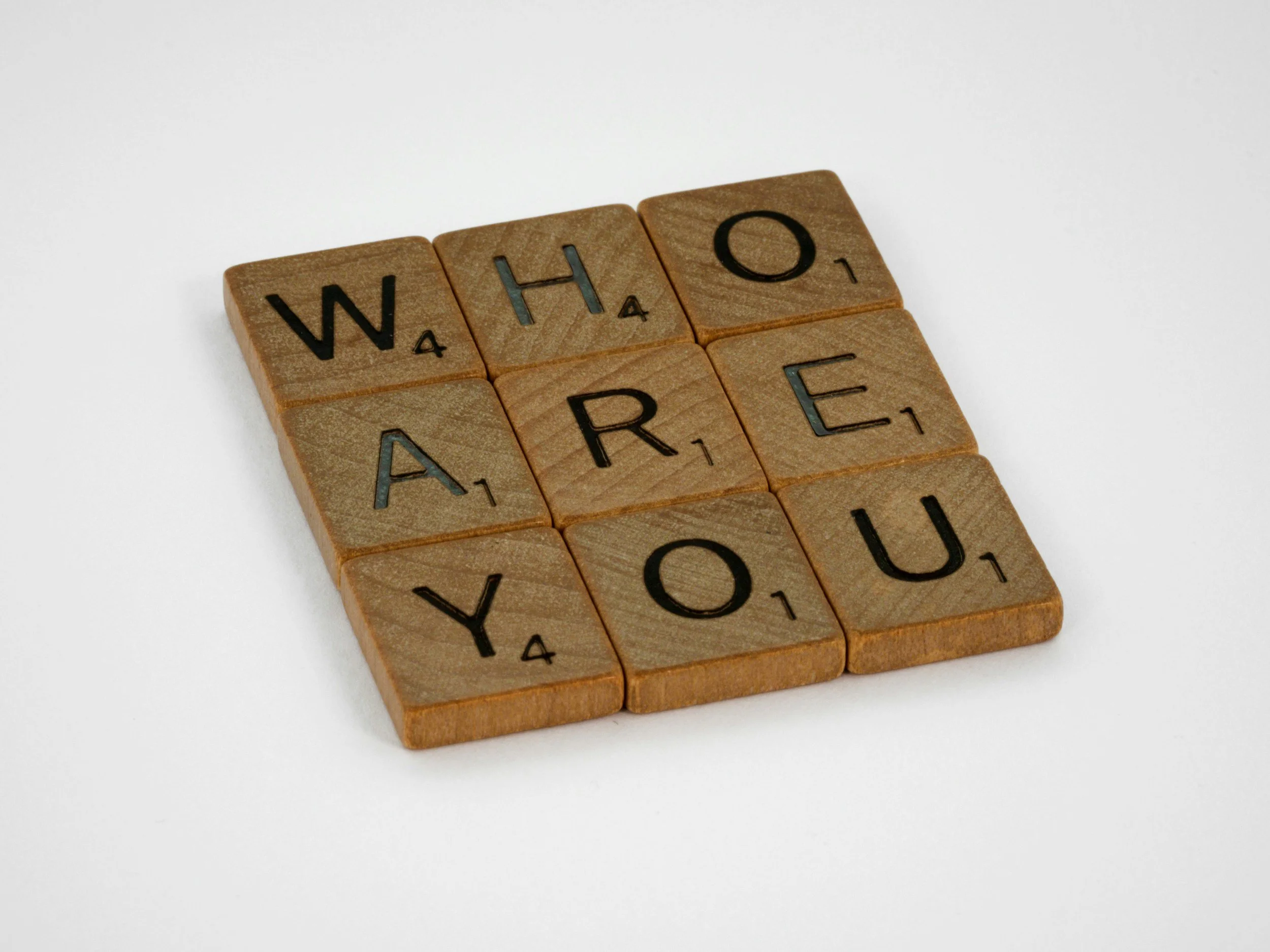The Psychology of Popular Culture
Understanding How Movies, Music, and Social Media Shape and Reflect Societal Values and Individual Behaviour
Popular culture, encompassing movies, music, and social media, is a pervasive force that both shapes and reflects societal values and individual behaviours. It provides a mirror to society, capturing prevailing norms, ideologies, and conflicts, while also influencing the attitudes and actions of individuals. This article explores the psychological mechanisms through which popular culture impacts societal values and individual behaviour, examining both its constructive and detrimental effects.
Movies and Their Psychological Impact
Movies, as a powerful form of storytelling, have a profound impact on societal values and individual psychology. They serve as a medium for cultural expression and social commentary, often influencing public perception and behaviour.
Narrative Transportation and Identification:
Narrative transportation theory posits that individuals become deeply immersed in a story, leading to greater identification with characters and adoption of their perspectives (Green & Brock, 2000). This immersion can shape attitudes and beliefs, making movies a potent tool for social change.
Social Learning and Role Models:
According to Bandura's social learning theory, individuals learn behaviours and norms by observing others (Bandura, 1977). Movies often present characters as role models, whose actions and values viewers may emulate. This can promote both positive behaviours, such as resilience and empathy, and negative ones, such as aggression and substance abuse.
Emotional Regulation and Catharsis:
Movies provide a means for emotional regulation, offering viewers a way to experience and process emotions in a safe context. The concept of catharsis suggests that experiencing intense emotions through a movie can lead to emotional release and relief (Sparks & Sparks, 2000).
Music and Its Psychological Influence
Music is a universal language that profoundly affects emotions, cognition, and behaviour. Its influence extends across various domains, including mood regulation, social connection, and identity formation.
Mood Regulation and Emotional Expression:
Music has a significant impact on mood and emotional well-being. Listening to music can elevate mood, reduce stress, and provide a means of emotional expression. Music therapy, for instance, utilizes these properties to treat psychological conditions such as depression and anxiety (Thaut, 2005).
Social Identity and Group Cohesion:
Music plays a crucial role in the formation of social identity and group cohesion. Shared musical preferences can strengthen social bonds and create a sense of belonging (Tarrant, North, & Hargreaves, 2001). Subcultures and social movements often use music as a form of expression and identity.
Cognitive Enhancement and Memory:
Music can enhance cognitive functions, including memory and attention. The "Mozart effect," for example, suggests that listening to classical music can temporarily enhance spatial-temporal reasoning abilities (Rauscher, Shaw, & Ky, 1993). While the extent of this effect is debated, music's role in cognitive development is widely recognized.
Social Media and Psychological Dynamics
Social media, as a relatively new yet dominant aspect of popular culture, exerts substantial influence on societal values and individual behaviour. It shapes how people communicate, perceive themselves, and interact with the world.
Self-Presentation and Identity Construction:
Social media platforms provide users with tools to curate and present idealized versions of themselves. This can influence self-perception and identity construction, often leading to a phenomenon known as the "highlight reel" effect, where individuals compare their real lives to the curated, often idealized lives of others (Chou & Edge, 2012).
Social Comparison and Mental Health:
Social comparison theory, proposed by Festinger (1954), suggests that individuals evaluate themselves based on comparisons with others. Social media amplifies this effect, often leading to negative self-esteem and mental health outcomes, such as anxiety and depression, particularly among adolescents (Vogel et al., 2014).
Echo Chambers and Confirmation Bias:
Social media algorithms often create echo chambers, where users are exposed predominantly to information and opinions that reinforce their existing beliefs. This can strengthen confirmation bias and contribute to societal polarization (Pariser, 2011).
Reflecting and Shaping Societal Values
Popular culture both reflects and shapes societal values, creating a dynamic interplay between media content and public consciousness.
Representation and Inclusivity:
Media representations of different social groups can influence societal attitudes and norms. Positive representation of marginalized groups can promote inclusivity and reduce stereotypes, while negative portrayals can perpetuate discrimination (Glaude, 2020).
Agenda-Setting and Public Discourse:
The media has significant power in setting the public agenda by highlighting certain issues and shaping the discourse around them. This agenda-setting function can influence public opinion and policy decisions (McCombs & Shaw, 1972).
Cultural Evolution and Innovation:
Popular culture drives cultural evolution by introducing new ideas, trends, and innovations. This cultural dynamism fosters societal change and adaptation, reflecting shifting values and technological advancements (Boyd & Richerson, 1985).
Simply Put
Popular culture, through movies, music, and social media, exerts a profound influence on societal values and individual behaviour. It serves as a mirror to society, capturing and shaping the collective consciousness. Understanding the psychological mechanisms underlying this influence is crucial for harnessing the positive potential of popular culture while mitigating its negative impacts. As we navigate an increasingly media-saturated world, critical engagement with popular culture is essential for fostering a healthy and inclusive society.
References
Bandura, A. (1977). Social Learning Theory. Englewood Cliffs, NJ: Prentice Hall. Social learning theory. (apa.org)
Boyd, R., & Richerson, P. J. (1985). Culture and the Evolutionary Process. Chicago: University of Chicago Press. Culture and the evolutionary process. (apa.org)
Chou, H. T. G., & Edge, N. (2012). "They are happier and having better lives than I am": The impact of using Facebook on perceptions of others' lives. Cyberpsychology, Behavior, and Social Networking, 15(2), 117-121. “They Are Happier and Having Better Lives than I Am”: The Impact of Using Facebook on Perceptions of Others' Lives | Cyberpsychology, Behavior, and Social Networking (liebertpub.com)
Festinger, L. (1954). A theory of social comparison processes. Human Relations, 7(2), 117-140. A Theory of Social Comparison Processes - Leon Festinger, 1954 (sagepub.com)
Glaude, E. S. (2020). Begin Again: James Baldwin's America and Its Urgent Lessons for Our Own. New York: Crown Publishing Group. Begin Again: James Baldwin's America and Its Urgent Lessons for Our Own - Eddie S. Glaude Jr. - Google Books
Green, M. C., & Brock, T. C. (2000). The role of transportation in the persuasiveness of public narratives. Journal of Personality and Social Psychology, 79(5), 701-721. The role of transportation in the persuasiveness of public narratives. (apa.org)
McCombs, M. E., & Shaw, D. L. (1972). The agenda-setting function of mass media. Public Opinion Quarterly, 36(2), 176-187. The Agenda-Setting Function of Mass Media on JSTOR
Pariser, E. (2011). The Filter Bubble: What the Internet is Hiding from You. New York: Penguin Press. The Filter Bubble: What The Internet Is Hiding From You - Eli Pariser - Google Books
Rauscher, F. H., Shaw, G. L., & Ky, K. N. (1993). Music and spatial task performance. Nature, 365(6447), 611. Music and spatial task performance | Nature
Sparks, G. G., & Sparks, C. W. (2000). Effects of media violence. In D. Zillmann & P. Vorderer (Eds.), Media Entertainment: The Psychology of Its Appeal (pp. 269-286). Mahwah, NJ: Lawrence Erlbaum Associates. Effects of media violence. (apa.org)
Tarrant, M., North, A. C., & Hargreaves, D. J. (2001). Social categorization, self-esteem, and the estimated musical preferences of male adolescents. Journal of Social Psychology, 141(5), 565-581. Social categorization, self-esteem, and the estimated musical preferences of male adolescents. (apa.org)
Thaut, M. H. (2005). Rhythm, Music, and the Brain: Scientific Foundations and Clinical Applications. New York Rhythm, music, and the brain: Scientific foundations and clinical applications | Request PDF (researchgate.net)
Vogel, E. A., Rose, J. P., Roberts, L. R., & Eckles, K. (2014). Social comparison, social media, and self-esteem. Psychology of Popular Media Culture, 3(4), 206-222. Social comparison, social media, and self-esteem. (apa.org)











